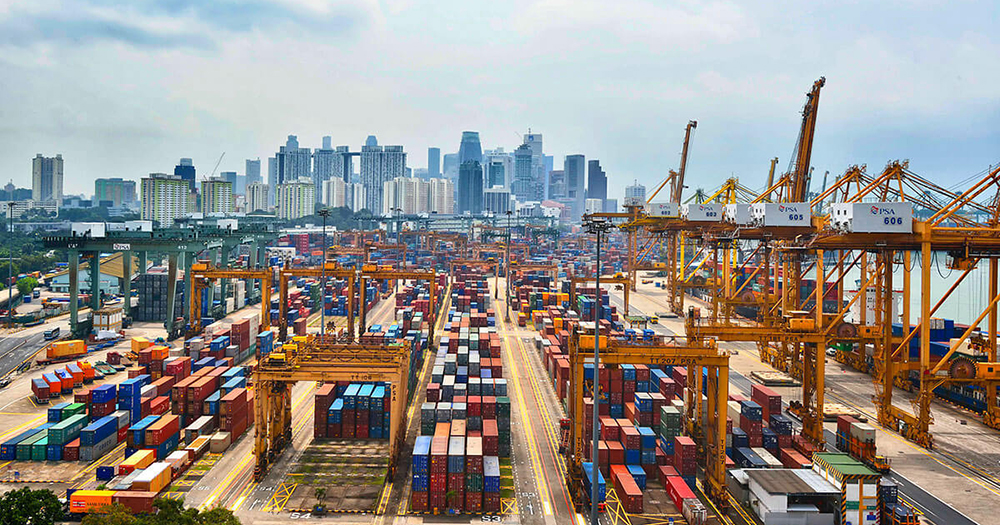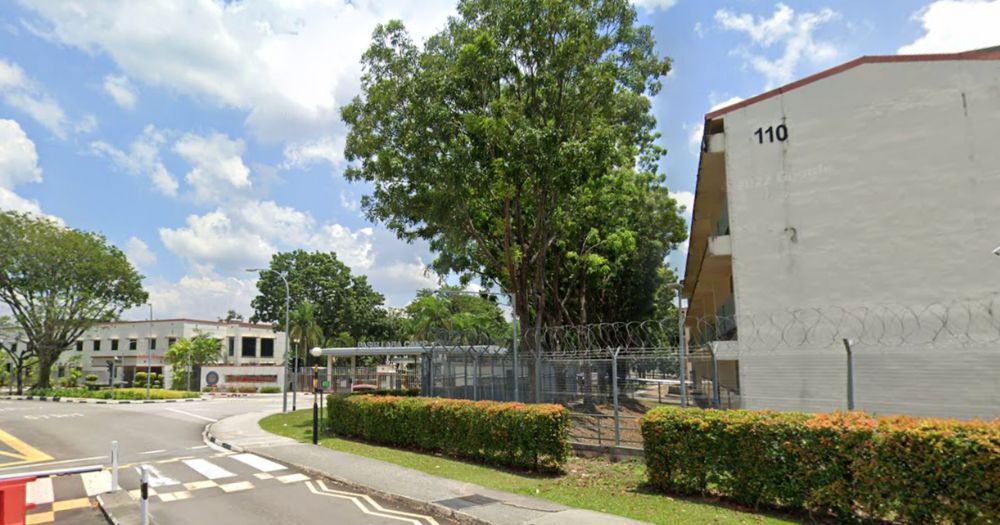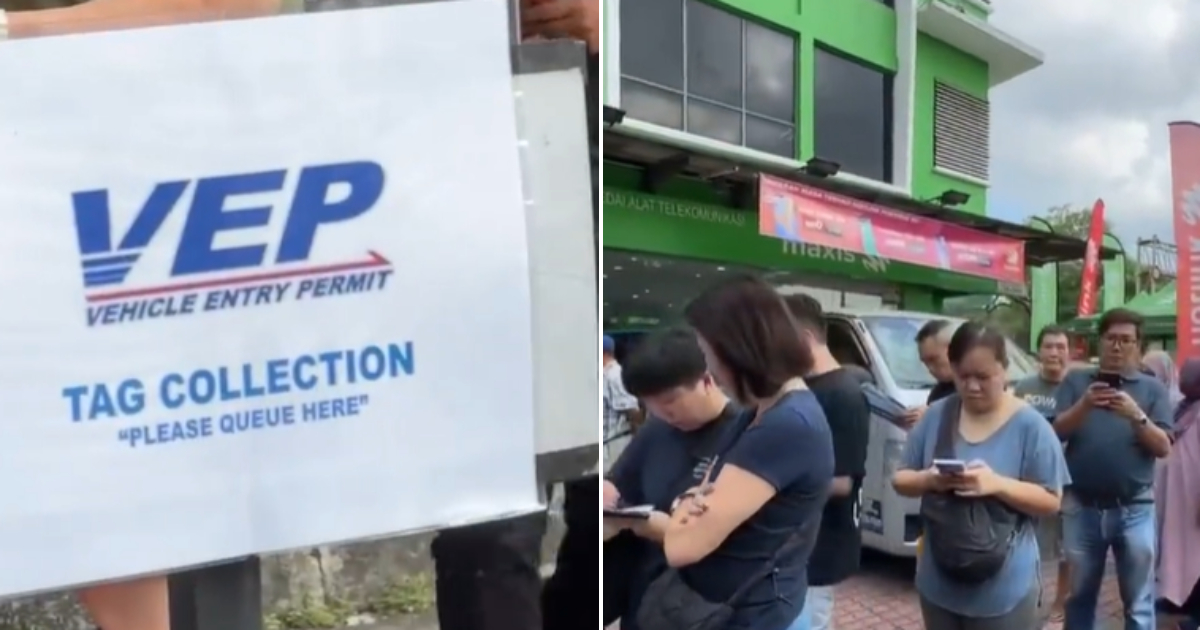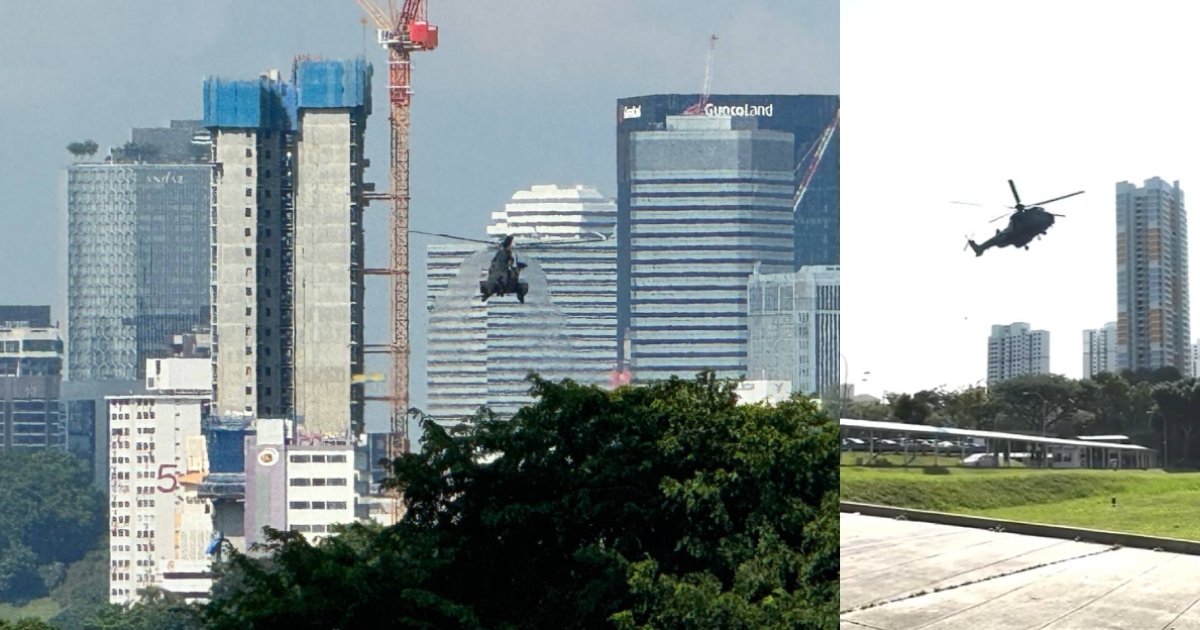90% of container vessels arriving off-schedule at S'pore amidst global disruptions, wait time reduced to 2 days or less: PSA
More vessels are also spending more time loading and unloading their cargo.

Singapore’s port has seen about 90 per cent of container vessels arriving off-schedule, compared to an average of about 77 per cent in 2023, PSA Singapore (PSA) said in a press release on Jul. 10, 2024.
Vessels staying at port have also increased by 22 per cent for 2024 compared to the same period last year.
Overall, PSA has moved seven per cent more container volumes in the first half of 2024 compared to the same period in 2023.
However, the average waiting time at the port in recent weeks has been reduced to two days or less, PSA added, following concerted efforts to reinforce frontline capacity and other measures.
PSA's statement followed the publication of an op-ed in the Financial Times on Jul. 9 which claimed the congestion at Singapore's port would contribute to a higher risk of a "global inflationary shock".
Statement follows Financial Times op-ed saying port congestion at Singapore is at its worst since Covid-19
FT's piece noted that the port congestion at Singapore is at its worst level since the pandemic and that this poses a risk for global supply chains, given that Singapore is the world's largest transshipment hub and that the congestion has spread to neighbouring ports in Malaysia.
Shipping rates have also risen by as much as "fivefold" over 2023 and it is only a "matter of time" before the increased rates are passed on to consumers, FT opined.
The rerouting of ships to avoid attacks in the Red Sea has also meant that more ships are going through Singapore.
There has also been a surge in the total volume of vessels in recent months, particularly to and from China, the op-ed stated.
This surge is due to tariffs unveiled by U.S. President Joe Biden in May 2024 on a variety of Chinese goods such as chips, batteries, steel, electrical cars and medical products, among other items.
There has therefore been a rush by companies to secure such goods for their inventories before the tariffs go into effect.
Berths are maxed out, more vessels spending more time loading and unloading cargo
Singapore's port includes terminals located at Tanjong Pagar, Keppel, Brani, Pasir Panjang, Sembawang, Jurong and Tuas, all of which are operated as a single integrated facility by PSA, according to the Maritime and Port Authority of Singapore (MPA).
According to PSA, there have been high concentrations of vessels arriving on certain days of the week since the start of 2024, as a result of off-schedule arrivals and strong berth demand.
This caused a significant increase in waiting times. In addition, all of PSA's berths are maxed out.
PSA also cited larger call sizes which required vessels to stay longer, with lengthier transhipment container dwell.
Call size refers to the number of containers a vessel carries, while container dwell refers to the amount of time a ship spends at port being secured, having cargo loaded or discharged, and other activities.
PSA added that more containers are being handled per vessel call due to higher demand and container re-handling, where some containers are unloaded from the vessel to make way for other containers in consideration of port of discharge, weight and vessel stability.
Unloaded containers are then loaded back onto the vessel again.
In particular, container re-handlings on mega vessels berthed at PSA have increased by 8 per cent in the first half of 2024, compared to the previous year.
"Confluence" of factors resulted in current situation
The congestion is due to the Red Sea situation, with Houthi attacks on commercial ships.
This led to shipping lines leveraging more on PSA to optimise the stowage of containers on board their vessels, and to ensure safety at sea, especially when most mega vessels opt to avoid the Red Sea and take the longer route around the Cape of Good Hope.
Other factors include upstream and downstream port congestion, and port omissions by shipping lines to recover their schedules, thereby giving rise to substantial changes in vessel arrival patterns and call sizes.
Steps being taken by PSA
PSA has been collaborating with the unions and received support from MPA and the Transport Ministry to ensure the port ecosystem works efficiently.
Apart from the reactivation of some berths and yard space at Keppel Terminal, PSA’s Tuas Port currently operates nine berths and will add two more by the end of this year.
"Looking ahead, we plan to further expand Tuas Port and continue hiring frontline workers across all our terminals," PSA added.
For 2024 alone, PSA said it has hired nearly 1,500 frontline workers to enhance its operational capabilities and capacity.
It has also been supporting "beneficial" cargo owners and logistics service providers with a series of value-added services which help to enhance supply chain visibility and expedite handling to mitigate the impact of delayed shipments.
PSA pointed out:
"By leveraging port assets and supply chain capabilities, initiatives such as priority discharge, expedited delivery, fast connection management help the supply chain stakeholders to tailor bespoke solutions to meet their unique pain points."
Top image via Ministry of Transport
MORE STORIES




















